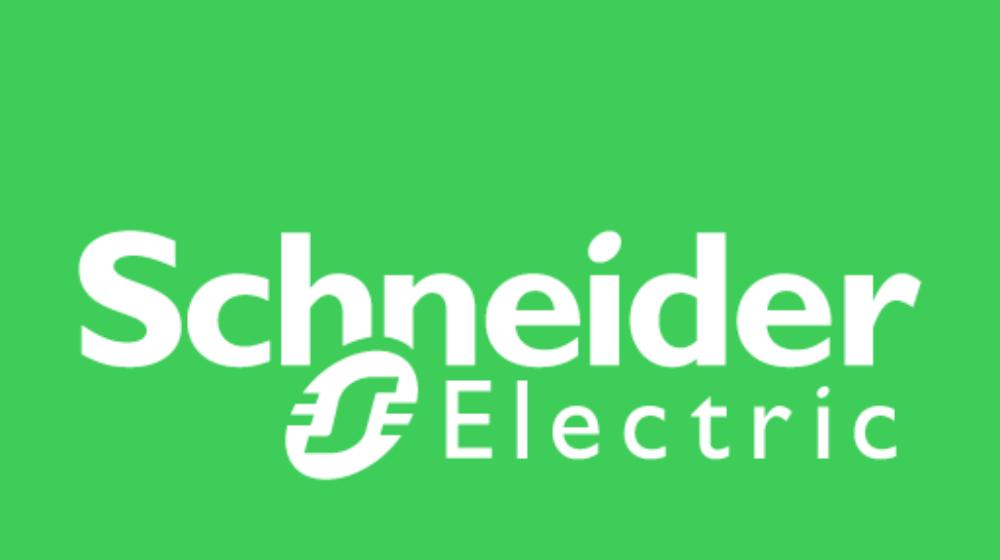By Mark Freeman, Offer Manager Digital Buildings for Anglophone Africa at Schneider Electric
29 April 2024,
Unchecked energy consumption is linked to various environmental challenges, including air, water and thermal pollution, solid waste production and climate change. This is especially the case in regions that are heavily dependent on fossil fuels which are the main contributor to the emission of greenhouse gases.
However, as increasing emphasis is placed on the global drive towards net zero carbon emissions, virtually every industry is being challenged to lower its carbon footprint and adopt sustainable practices.
In this sense, mitigating the high levels of energy consumption by buildings is the biggest challenge faced by the building industry. According to a United Nations report, as of 2020, buildings account for 37% of global energy use and energy-related CO2 emissions.
As such, sustainable building practices are likely to see buildings of the future depending more on renewable energy sources rather than on traditional electricity grids. Electricity grids in many regions – including South Africa – are still hugely coal-fired and thus detrimental to the environment.
Buildings of the future will rely on multiple sources of power generation, such as a mix of solar, hydrogen, geothermal and the grid, with generators providing backup power. However, renewable energy sources need to be combined with the right technology solutions to ensure that buildings are operating as efficiently as possible to effectively reduce their carbon footprint.
Integration of smart technology
While green building certifications, energy-efficient designs and the use of eco-friendly materials are gaining traction globally, sustainable building practices will essentially see the integration of smart technology into buildings of the future. This is key to providing building owners and managers with a full view of how they are distributing their power, where they are distributing it and when.
The only way to achieve this level of efficiency is through digitising a building to ensure the utilisation of the right power loads and the right power sources, at the right time. Buildings of the future will not only have visibility of the power they consume but also where they are consuming it, how they are consuming it and which source it is coming from for specific applications.
Integrated building management systems provide actionable insights to manage buildings efficiently, improve engineering efficiency and meet cybersecurity needs. These platforms integrate multiple systems for centralised, real-time control and management across one or several enterprise buildings.
Energy supply management
Additionally, developers can integrate energy supply management software solutions into their buildings that are designed to help power-critical and energy-intensive facilities maximise uptime and operational efficiency. These solutions can provide insight into electrical system health and energy efficiency, allowing informed decisions to be made that improve performance.
From a single pane of glass, building managers can operate and manage every system and application, such as smart electricity and water meters, pump and HVAC systems and building security, among others. Not only can the switch-on and switch-off times be set for specific periods, but smart building solutions can also manage and switch between power sources for different systems, as and when needed.
Schneider Electric’s innovative solutions, such as EcoStruxure Building Operation, EcoStruxure Power Monitoring Expert, as well as other advanced offerings, are instrumental in steering developers towards a future where technology seamlessly integrates with the built environment.
As electricity prices continue to rise and the transition to net zero carbon emissions becomes more pronounced, building owners will increasingly look to systems that will enable them to make educated and informed decisions about their energy options. Smart digital solutions can convert data into action and unlock a building’s energy management system’s full potential with advanced energy visualisation and analysis tools.




